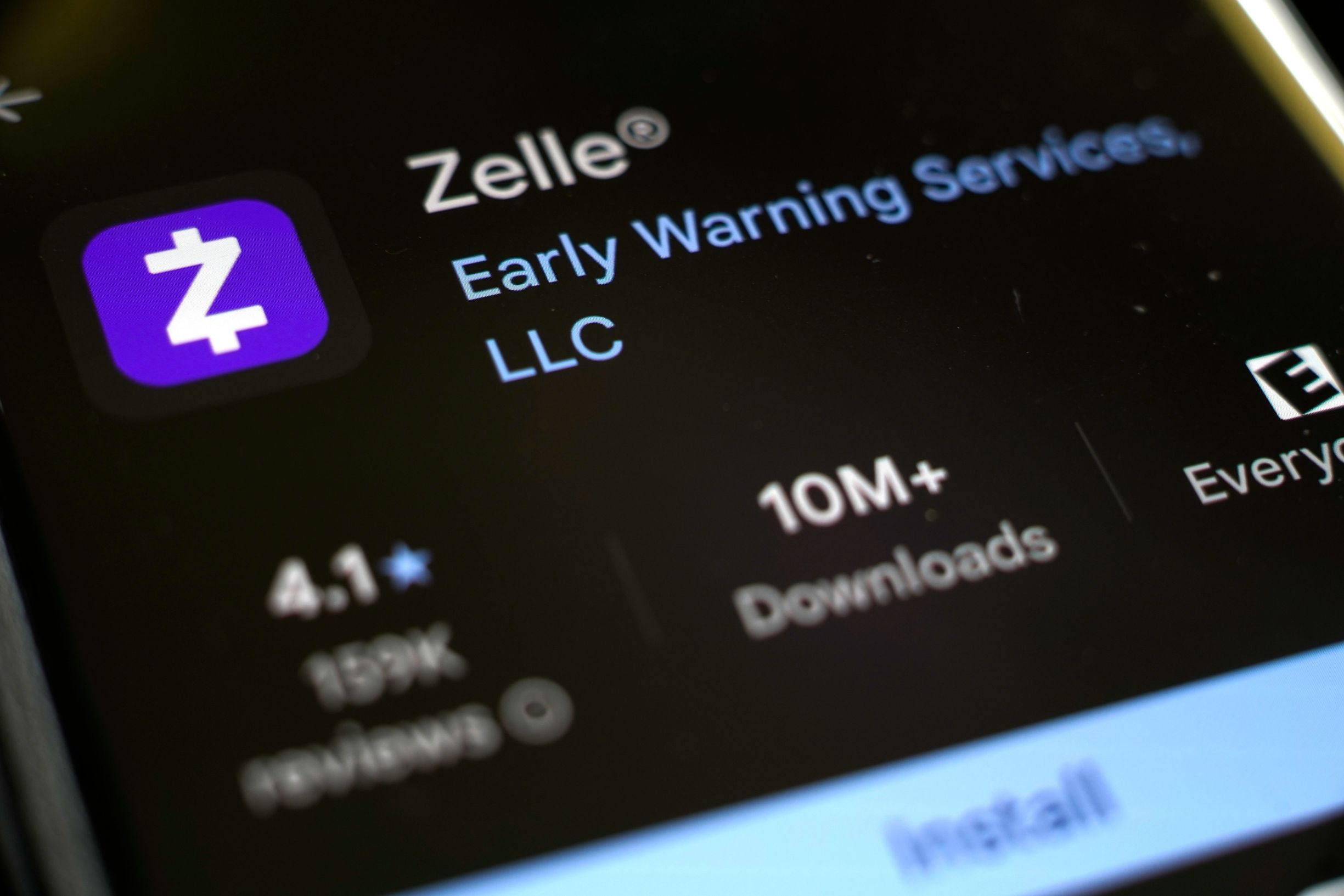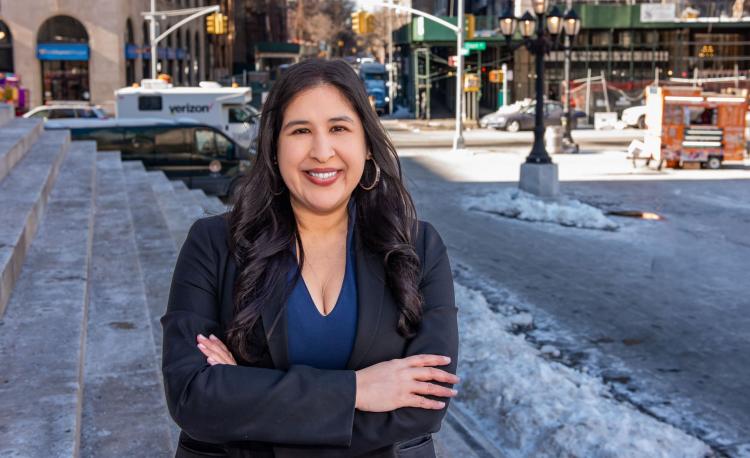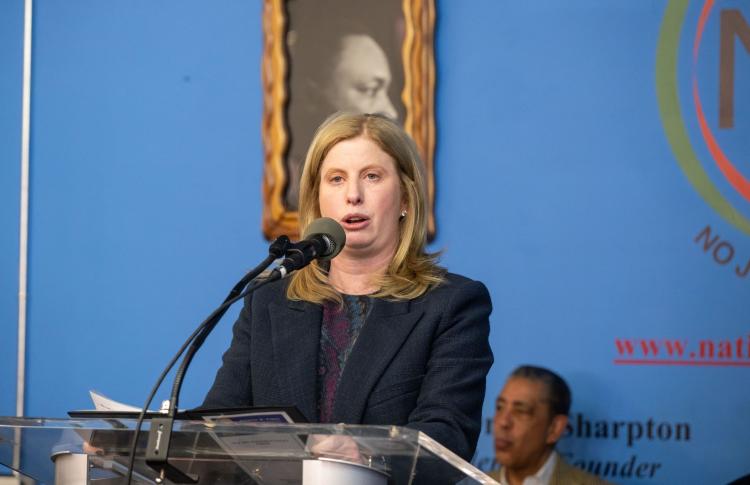
Attorney General Letitia James
Attorney General Letitia James
NY Attorney General Sues Zelle’s Parent Company Over Widespread Fraud
Background on Zelle and Early Warning Services
New York Attorney General Letitia James has filed a lawsuit against Early Warning Services, LLC (EWS), the company behind the popular peer-to-peer payment app Zelle. The suit claims EWS knowingly allowed its platform to be used by scammers, costing consumers more than a billion dollars in losses. Zelle was launched in 2017 by a group of major banks, including Bank of America, JPMorgan Chase, Wells Fargo, PNC, Truist, Capital One, and U.S. Bank. It was designed to make sending money quick and easy by linking directly to users’ bank accounts. Registration required only an email or phone number, and transfers were completed instantly. The company promoted Zelle as safe and secure, but the lawsuit alleges that it failed to live up to those claims.

Zelle and Parent, Early Warning Services
NYC Newswire
Zelle and Parent, Early Warning Services

Zelle and Parent, Early Warning Services
NYC Newswire
Zelle and Parent, Early Warning Services
Fraud Concerns Ignored for Years
According to the complaint, EWS knew early on that Zelle’s design made it an attractive target for scammers. Internal discussions reportedly raised red flags about the lack of security features, but no meaningful protections were put in place for years. The lawsuit states that even after proposing modest anti-fraud measures in 2019, the company delayed implementing them, leaving users vulnerable. Between 2017 and 2023, fraud on the Zelle network grew rapidly, with hundreds of millions stolen from consumers.
Real-Life Scam Stories
The complaint includes examples of New Yorkers who lost money through Zelle scams. In one case, a man received a phone call from someone claiming to be from Con Edison and demanding payment. Believing it was legitimate, he sent $1,477 through Zelle to an account labeled “Coned Billing.” His bank refused to reimburse him. In another case, a consumer was tricked into paying $1,100 for a puppy and another $1,500 for supposed shipping insurance. The seller disappeared, and only part of the money was recovered.
Delayed Action to Protect Consumers
It wasn’t until 2023—after growing pressure from the Consumer Financial Protection Bureau (CFPB), Congress, and consumer advocates—that EWS finally introduced stronger safeguards. These changes reduced fraud losses significantly, even as Zelle transactions increased. However, Attorney General James argues that the improvements came too late for many victims who had already lost money.
Details of the Lawsuit
Filed in New York State Supreme Court on August 13, 2025, the lawsuit accuses EWS of deceptive business practices and false advertising under New York Executive Law § 63(12). James is seeking a court order to force the company to maintain anti-fraud safeguards, provide a full accounting of all New Yorkers who reported losses, reimburse victims, and return profits gained from the alleged misconduct. In a public statement, James said, “No one should be left to fend for themselves after falling victim to a scam. I look forward to getting justice for the New Yorkers who suffered because of Zelle’s security failures.”
Filling the Gap Left by Federal Regulators
This lawsuit follows a similar case filed by the CFPB in December 2024, which was dropped in March 2025 after a change in leadership at the agency. James says New York could not allow the matter to be abandoned, stepping in to continue pursuing accountability for the harm done to consumers.
Importance of Lawsuit
The case highlights the risks of instant-payment platforms without strong safeguards, even when backed by major banks. It also shows how state attorneys general can step in to enforce consumer protection laws when federal agencies pull back. If successful, the lawsuit could lead to stronger protections for Zelle users and possibly set a precedent for other payment platforms.








